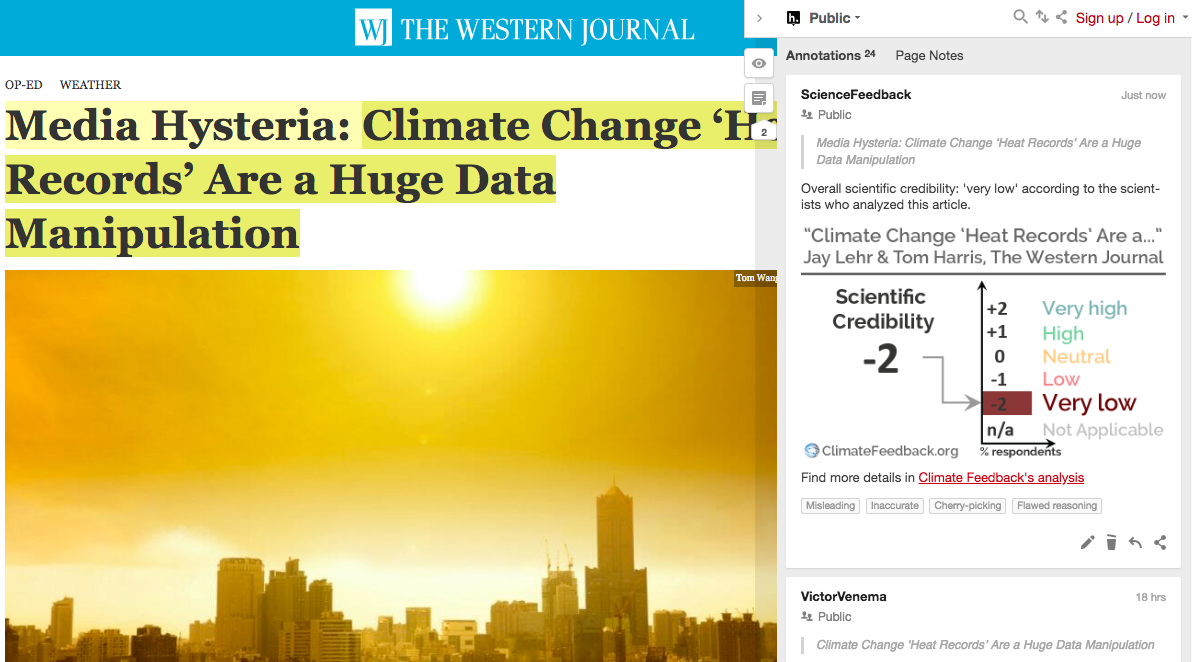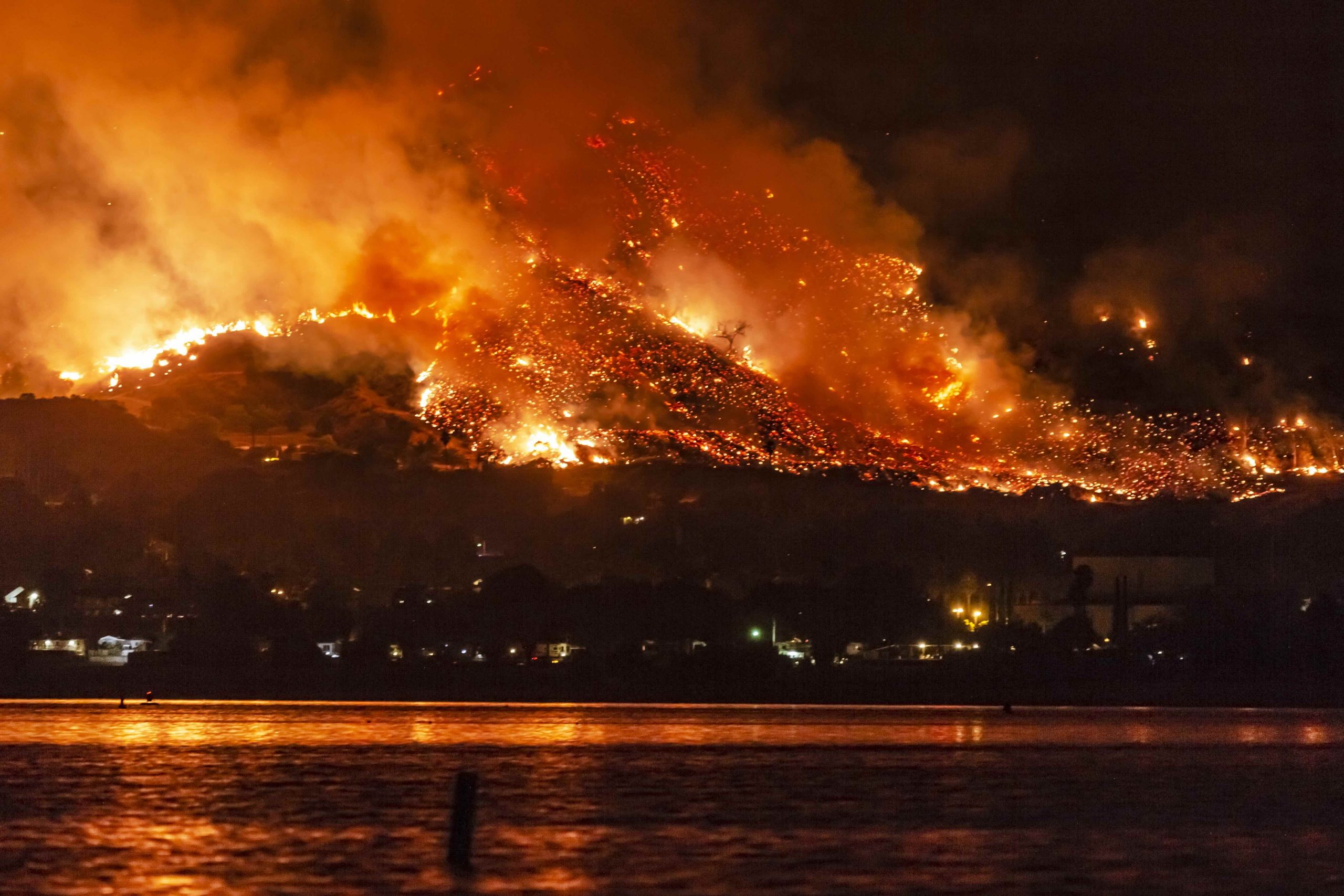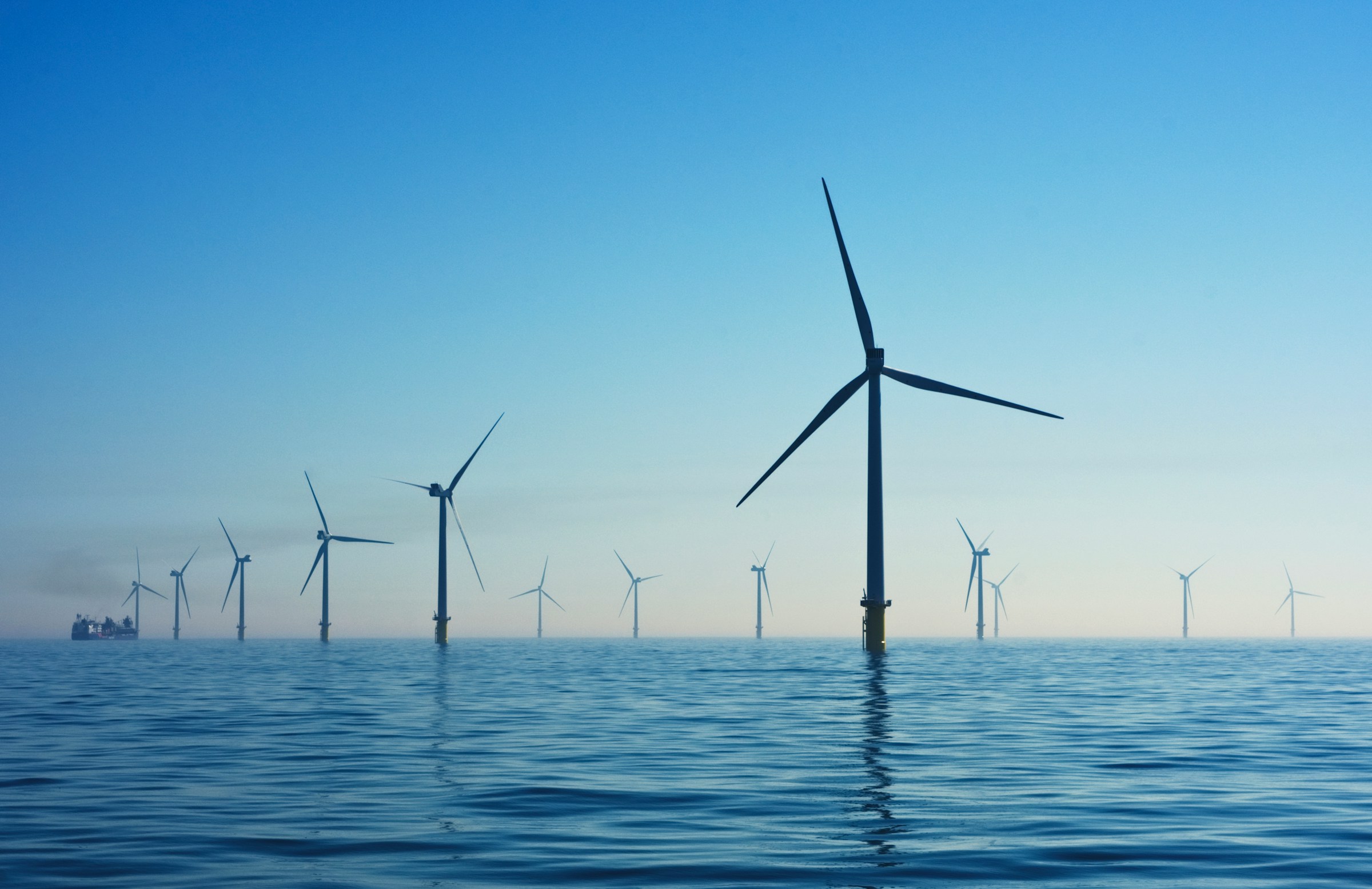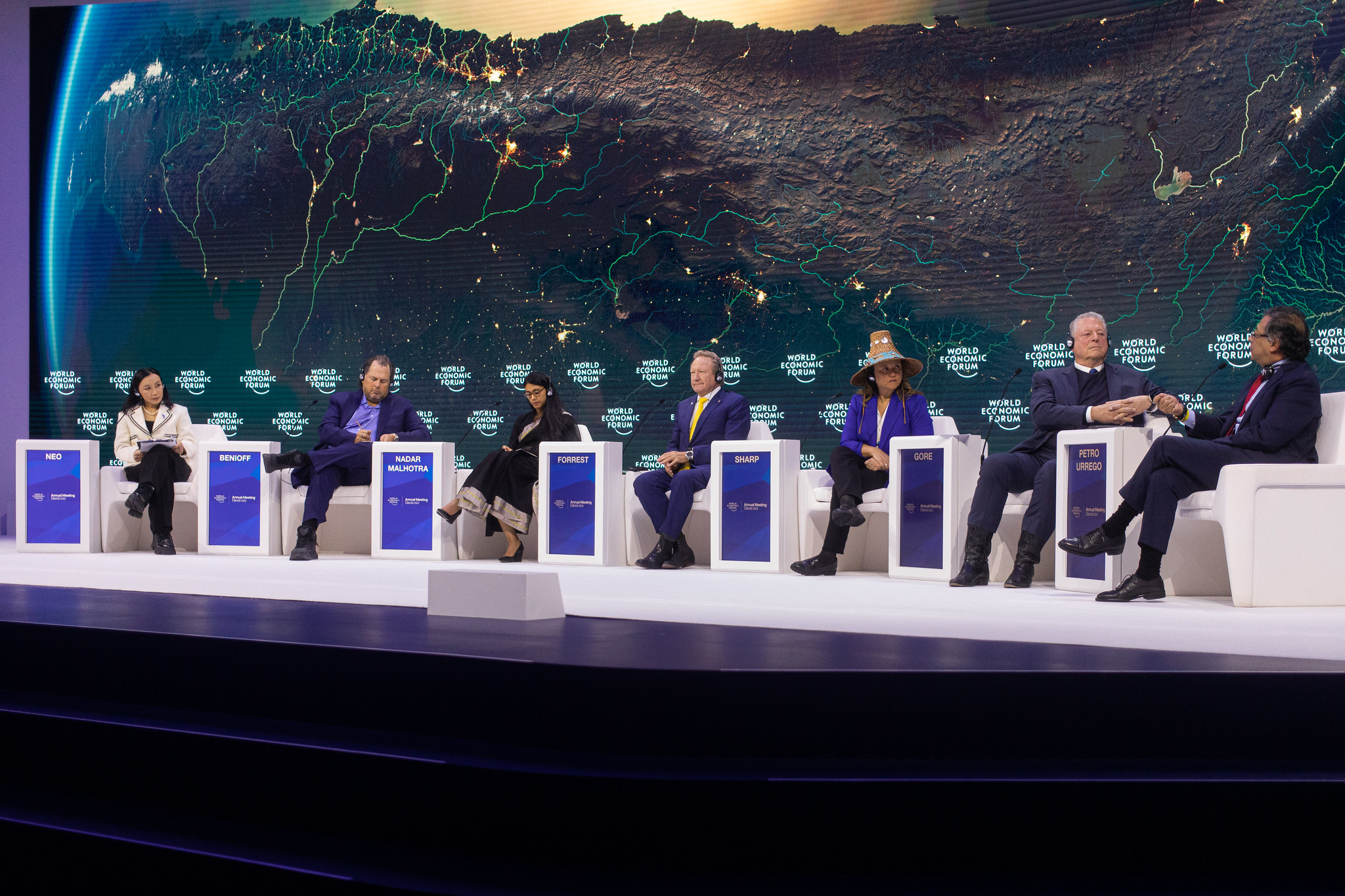By Emmanuel Vincent
Emmanuel Vincent, President of the Science Feedback association and founder of the Climate Feedback project, which received a special mention at the Best Climate Solutions 2018 Awards. Also, a speaker on the Don’t think of a polar bear: media, news and the future of climate change panel, organised at the International Journalism Festival in association with CMCC Foundation.
Communicating climate change in the era of social media
One key challenge in communicating climate change – and other sciences in fields that have been politicised – is to help users of the evolving online media ecosystem figure out what information is actually based on scientific evidence and what is not. In the past, information used to be concentrated in the hands of professional journalists and institutions. Today, anyone can pretend to be an expert, spreading information on the Internet through social media and online pages that are easily accessible using search engines. This new paradigm is further complicated by the presence of actors with vested interests that generate disinformation campaigns, casting doubt on scientific results for ideological or even business related reasons. Furthermore, sensational information, that might even be incorrect, is being shared widely on social media platforms such as Facebook or YouTube where emotional reactions take precedence over reflection.
Scientists: networking for reliable media coverage
Climate Feedback was created in response to this challenge, offering scientists a platform where they can be more present in the online discussion and bring their expertise to the table: reviewing content and assessing its credibility. Climate Feedback is a global network of scientists with 300+ scientist contributors who collectively review the credibility of influential climate change media coverage. Their reviews help the public recognize what news to trust, whilst also helping journalists and editors improve the accuracy of their climate coverage. As a non-partisan, non-profit organisation dedicated to science education, Climate Feedback is a verified signatory of the International Fact-Checking Network code of principles. Its goal is also to help platforms that are widely used to access online information, such as Google, YouTube and Facebook, to identify misinformation and increase the visibility of accurate information.
Enlarge
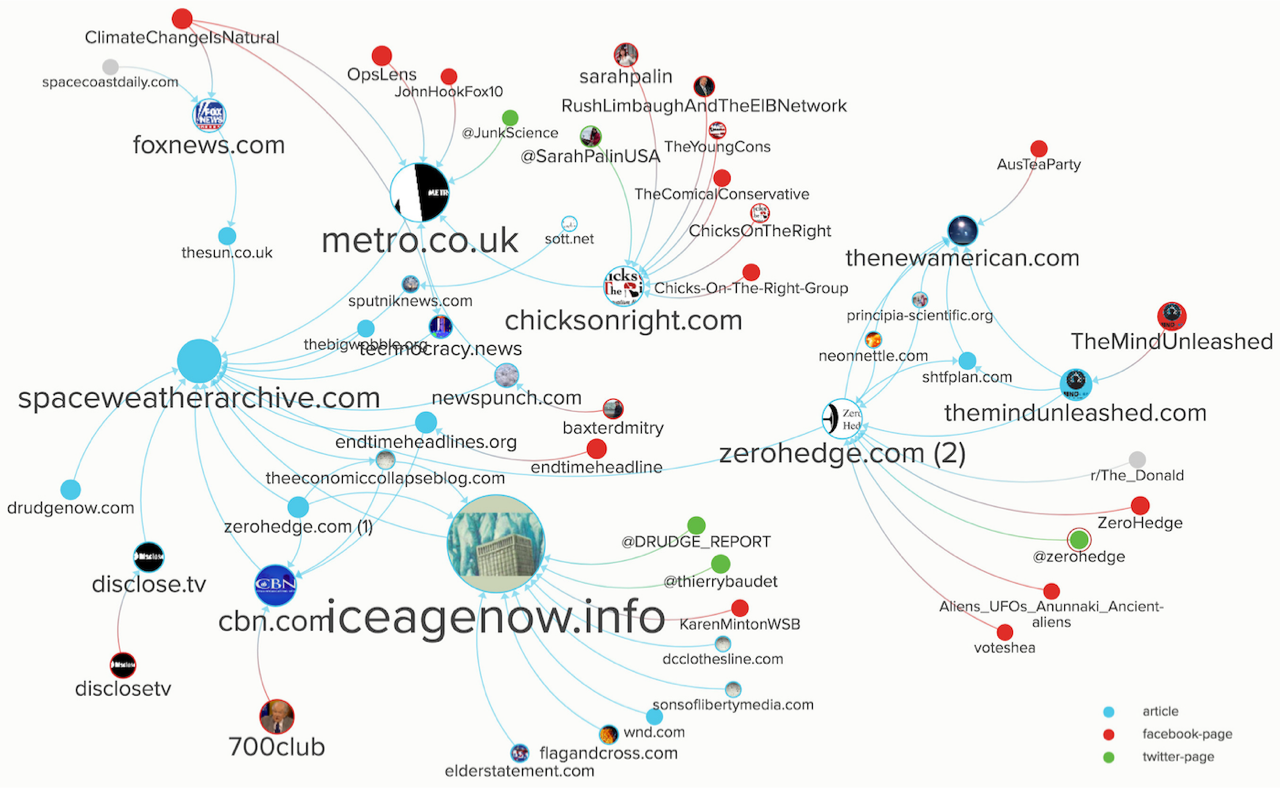
As an example, scientists recently reviewed the claim that planet Earth is heading towards a “mini ice age”. The scientists that contributed to the review of this piece of news, including the NASA scientist who was quoted as supporting the theory, explained that this was in fact false and based on a misunderstanding of the climate consequences of cycles in solar activity. Variations in the sun’s activity are indeed expected to bring cooler temperatures to the upper-layer of the atmosphere (the thermosphere), but that does not affect surface temperatures.
Climate Feedback also tracked the online propagation of the claim. The image shows the network of outlets, blogs, and social media profiles that shared and endorsed the claim that a “mini ice age” was on its way. They are all based on a misinterpretation of the original article by Space Weather Archive. Dot sizes in the image are proportional to the total number of shares and interactions on social media; whereas the arrows connect the flow of information from an article/social media profile to its source.

